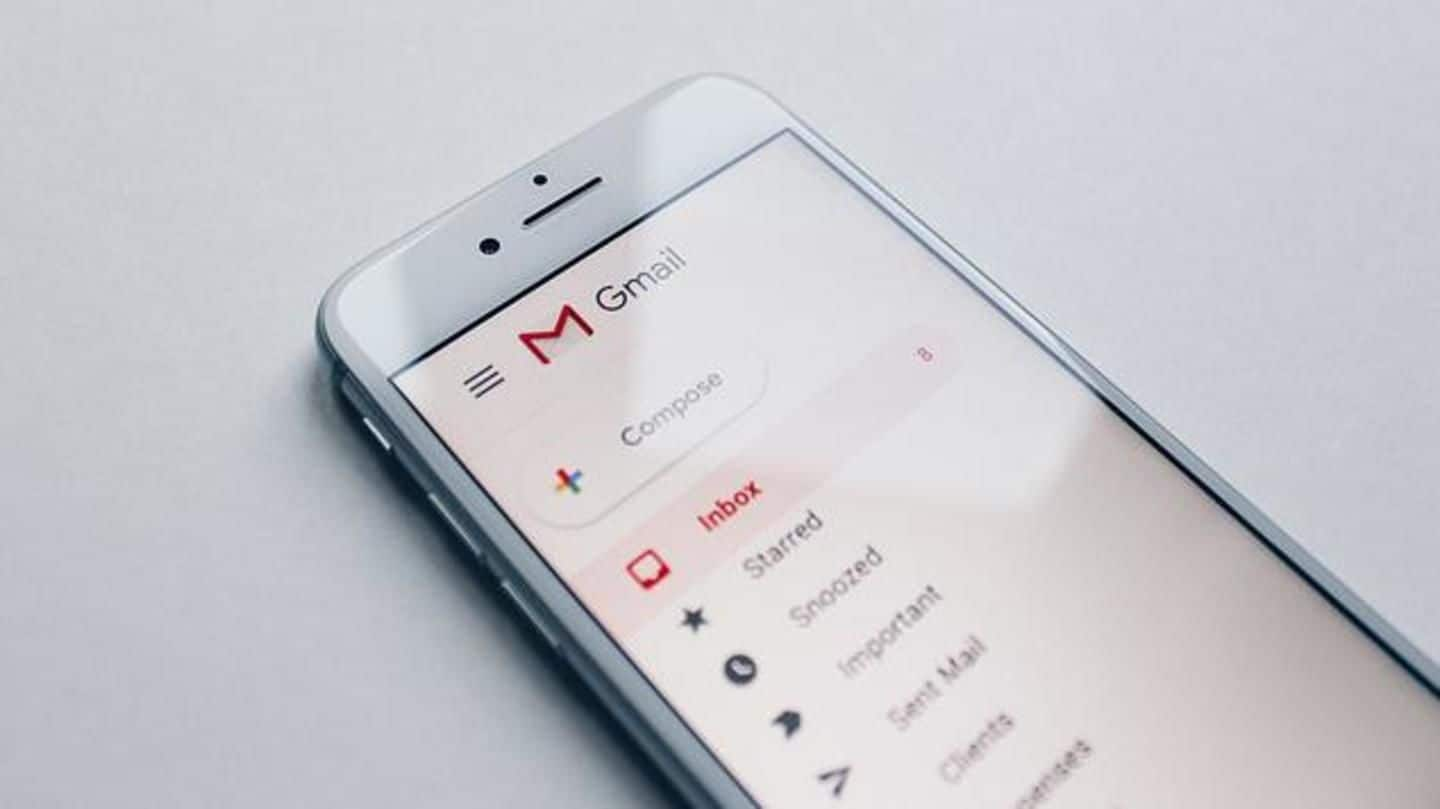
How to use Gmail's 'Confidential Mode' on smartphones
What's the story
After bringing major changes to its design and introducing new features for desktops, including the much talked about 'Confidential Mode', Gmail is now bringing the feature to smartphones. The feature is being rolled out on Android and iOS, and can prove to be a boon for users who don't want their emails leaked, and want strict privacy features. Here's how to use it.
Information
What exactly is Gmail's Confidential Mode feature?
For those unaware, Gmail's 'Confidential Mode' feature gives recipients of such confidential emails access to protected content sent by another Gmail user - these emails can't be forwarded, copied, downloaded or printed. Other features include timed-expiry or self-destructing emails, two-step authentication, and more.
Using it
Using 'Confidential Mode' on your smartphone's Gmail app
First, you'll need to update your Gmail app to the latest available version. Once updated, open the app, tap on 'Compose', and then tap on the triple dotted menu on the top right corner, and select 'Confidential Mode'. Before enabling, you'll have to set the expiration for your email between the given options of 1 day, 1 week, 1 month, 3 months, 5 years.
Other details
Options offered by Gmail's 'Confidential Mode'
There's also an option to enable a mandatory passcode for accessing confidential emails sent by you. All passcodes will be generated by Google, and non-Gmail users will get the passcode via email. SMS-based options are offered too. In case you don't want a recipient to open your confidential email, you can revoke access by going to 'Sent', and changing the email's access options.
Secure enough?
Is 'Confidential Mode' secure? Not everyone thinks so
While many are excited about the feature's arrival on smartphones, not everyone's convinced about its security. Digital privacy advocacy group, the Electronic Frontier Foundation (EFF) thinks that Confidential Mode gives users a false sense of security - confidential emails are not end-to-end encrypted, meaning Google could read your messages while they're in transit. Additionally, expired confidential emails might be retrieved from the Sent folder.